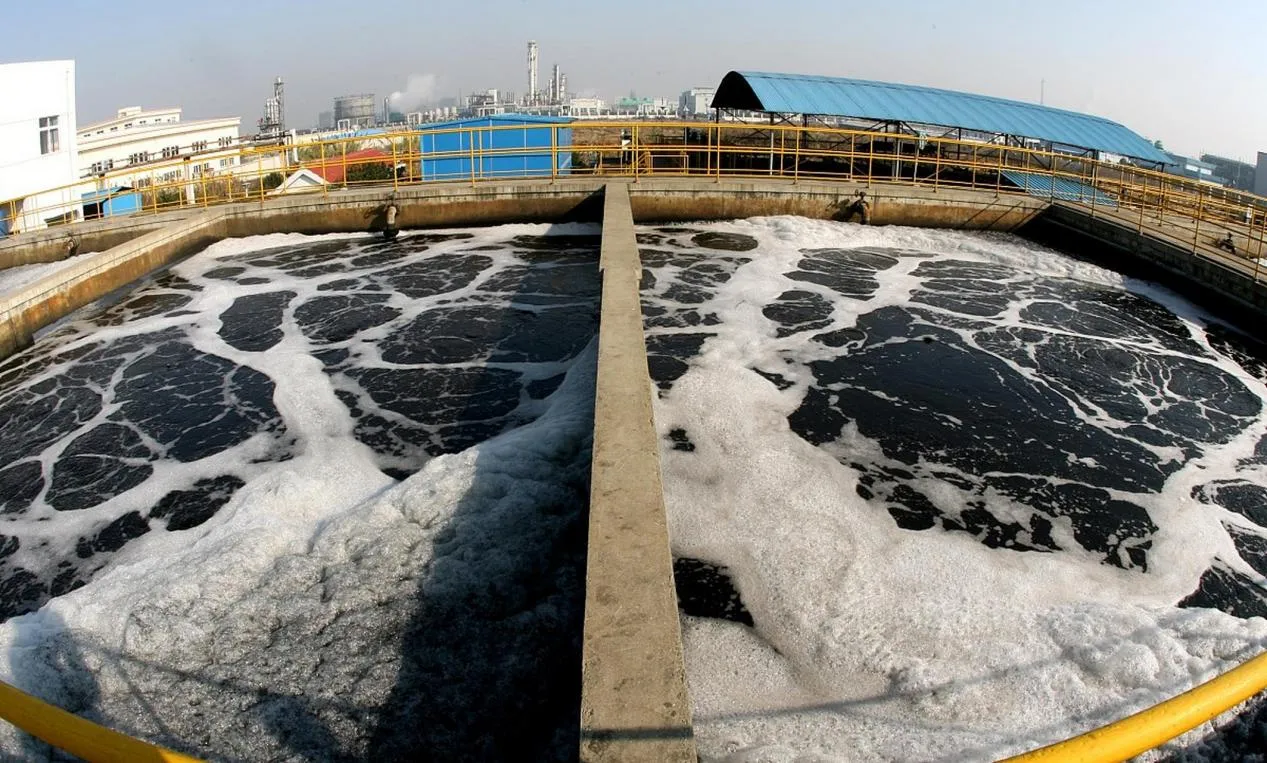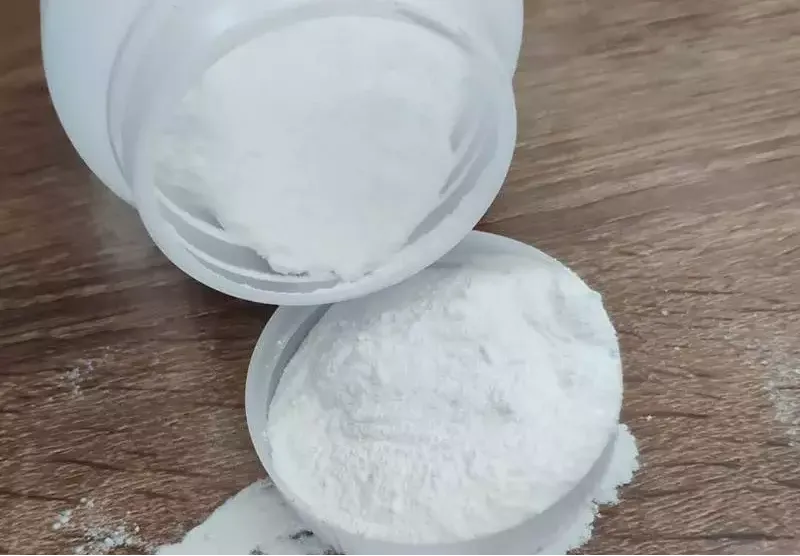
Enhancing Industrial Formulations with Defoamers and Set Retarders
In various industries—from construction to pharmaceuticals—chemical additives play a critical role in improving process efficiency and product quality.

The Dual Role of Set Retarders and Antifoaming Agents in Modern Manufacturing
Two essential categories of these additives are set retarders 和 antifoaming agents, both of which influence product performance in significant ways. A standout product in this space is the wholesale gypsum set retarder XYSJN1, which is widely used in the construction industry for controlling the setting time of gypsum-based materials.
Wholesale gypsum set retarder XYSJN1 is a specialized additive that delays the setting reaction of calcium sulfate hemihydrate in gypsum plaster and wallboard. This is essential in large-scale projects or in hot climates where rapid setting can lead to cracking, poor bonding, or increased waste. By extending the workability time, this product helps professionals achieve a smoother, more controlled finish, reducing the need for rework.
On the other hand, antifoaming agents are crucial in processes where foaming can be problematic. Foaming often occurs in industrial mixing, fermentation, water treatment, and chemical manufacturing. Excessive foam can result in overflow, reduced efficiency, and inconsistencies in the final product. That’s where antifoaming chemicals come in—they work by destabilizing the foam bubbles, allowing them to collapse quickly and prevent reformation.

Exploring Natural and Industrial Defoaming Solutions
There is growing interest in natural anti foaming agents 和 natural defoaming agents due to their environmental compatibility and safety profile. These include ingredients like vegetable oils, fatty alcohols, and plant-based waxes, which are increasingly used in eco-friendly formulations. Their biodegradable nature makes them suitable for applications such as organic agriculture, food processing, and natural cosmetics.
That said, synthetic antifoaming agents examples still dominate industrial applications due to their efficiency and broad chemical resistance. Common examples of anti foaming agent include silicone oils, polyglycols, and EO/PO block copolymers. These materials are highly effective in small doses and work well across various temperature and pH conditions.
In the pharmaceutical sector, the role of anti foaming agent pharmaceutical additives is particularly critical. These agents are added to liquid drug formulations and fermentation broths to suppress foam that can affect volume accuracy, mixing uniformity, or even cause contamination. Pharmaceutical-grade antifoaming agents must meet strict regulatory standards, ensuring both efficacy and safety in sensitive health-related applications.
Regardless of the industry, the right anti foaming solution can drastically improve processing efficiency and reduce operational costs. By selecting the correct type—natural or synthetic—manufacturers can tailor performance to the specific demands of their systems.
FAQ Title: Common Questions About Gypsum Retarders and Antifoaming Agents
1. What is Wholesale Gypsum Set Retarder XYSJN1 Used For?
Answer: The wholesale gypsum set retarder XYSJN1 is a construction additive used to slow down the setting time of gypsum plasters and boards. It helps improve workability, reduce cracking, and enhance finish quality in both manual and automated applications.
2. Can You Give Examples of Antifoaming Agents?
Answer: Yes, common antifoaming agents examples include silicone-based defoamers, polydimethylsiloxane, EO/PO block copolymers, and fatty acid esters. These are used in paints, detergents, lubricants, and wastewater treatment.
3. What Are Natural Anti Foaming Agents?
Answer: Natural anti foaming agents include plant-based oils, waxes, and fatty acids. These natural defoaming agents are preferred in eco-conscious applications like organic farming, green cleaning products, and natural cosmetics.
4. How Are Antifoaming Agents Used in Pharmaceuticals?
Answer: Anti foaming agent pharmaceutical formulations are used to control foam in drug manufacturing and liquid medications. They ensure uniformity, prevent spillage, and enhance processing efficiency while complying with health and safety standards.
5. What Are Antifoaming Chemicals and Their Industrial Applications?
Answer: Antifoaming chemicals are compounds added to suppress foam in industrial processes such as food production, oil refining, and textile manufacturing. They enhance flow, improve mixing, and prevent equipment damage caused by excessive foam.
-
Wholesale Powder Water Reducing Admixture CP1000: High-Performance Concrete SolutionsNewsAug.04,2025
-
Water Reducing Admixtures in Concrete: Types, Mechanisms, and ApplicationsNewsAug.04,2025
-
Understanding Water Reducing Admixtures in Concrete: Types, Benefits, and Market InsightsNewsAug.04,2025
-
Understanding Redispersible Polymer Powder :Applications and Market InsightsNewsAug.04,2025
-
Redispersible Polymer Powder: Applications and Market InsightsNewsAug.04,2025
-
Polycarboxylate Water Reducers: High-Performance Solutions for Modern ConcreteNewsAug.04,2025





















